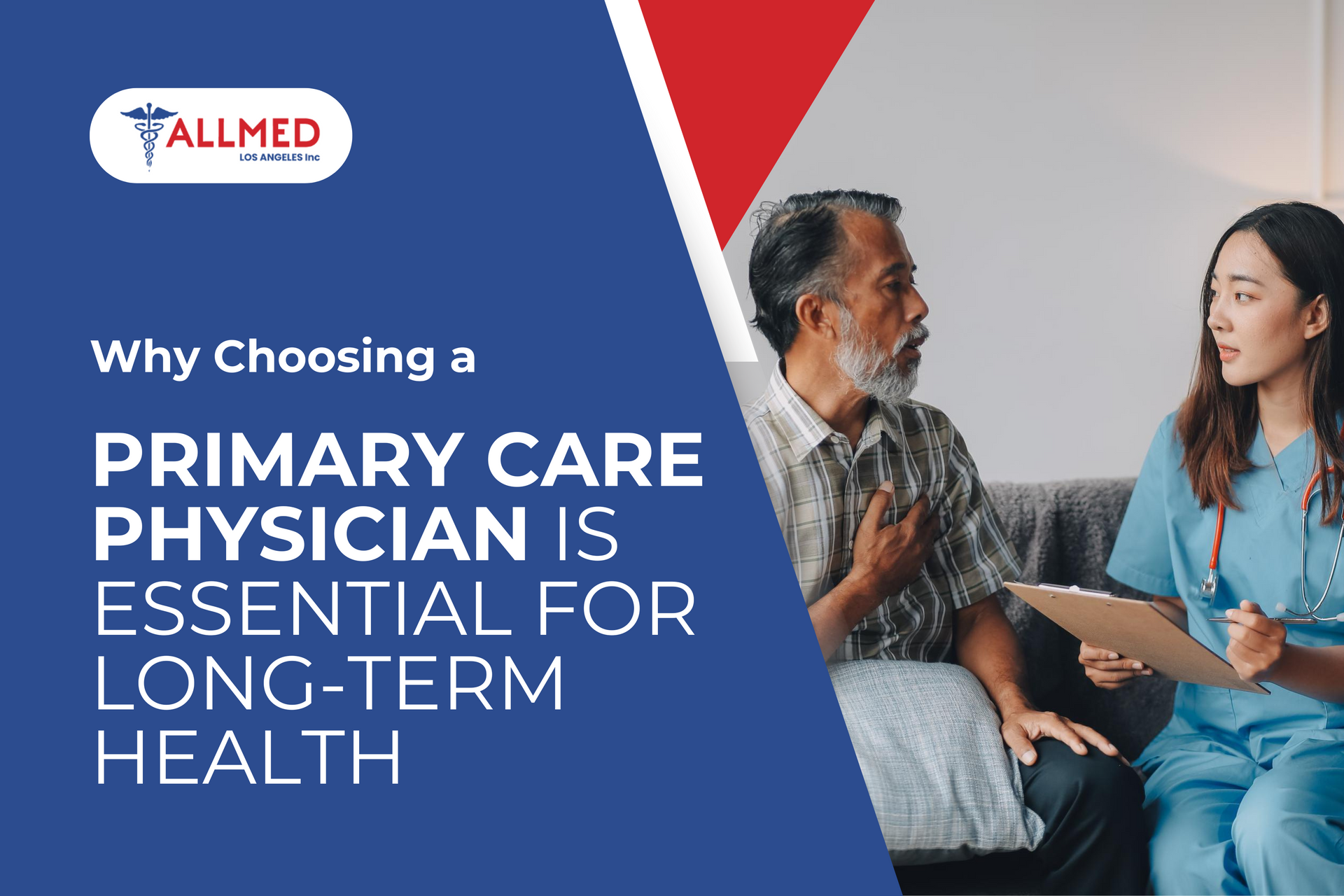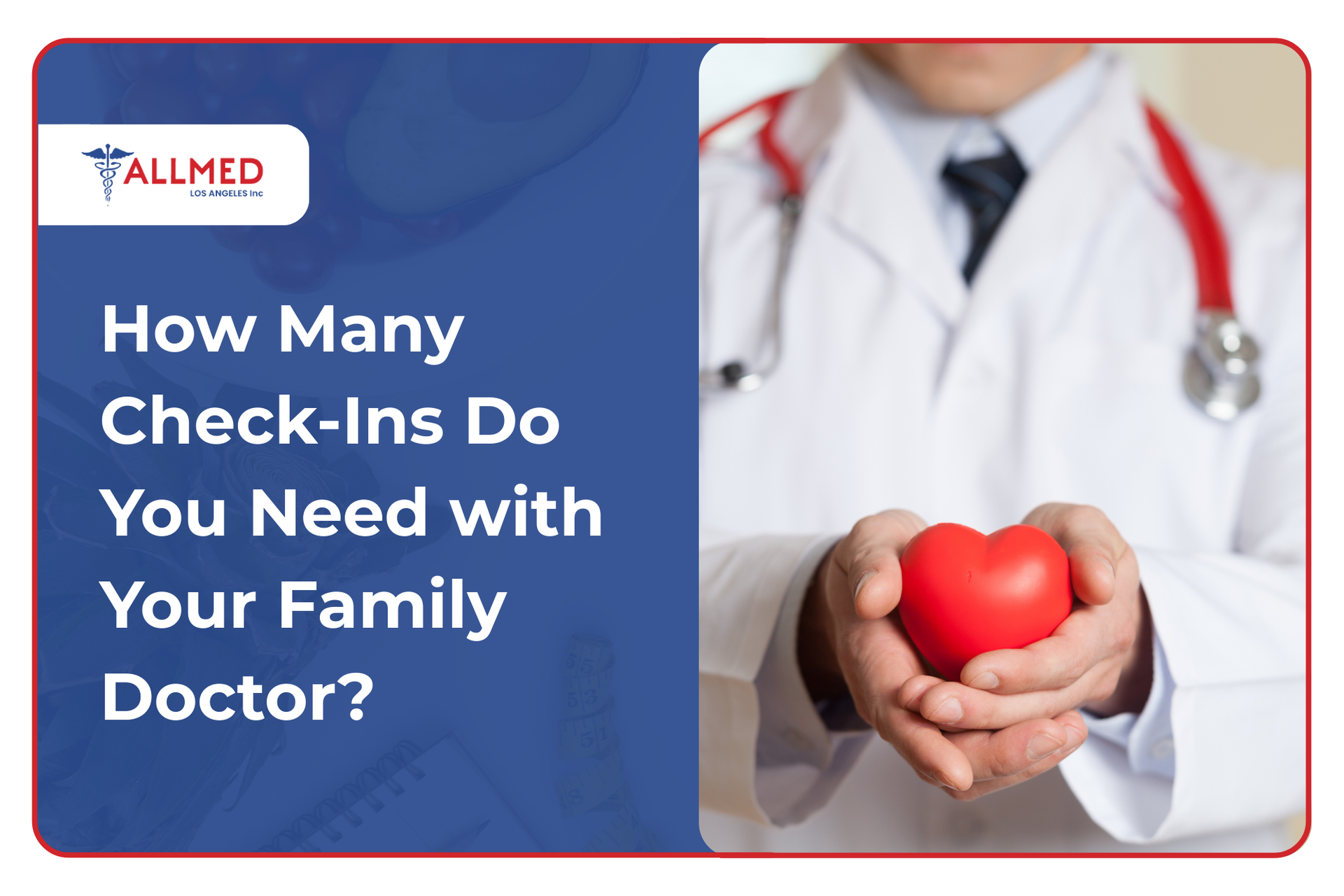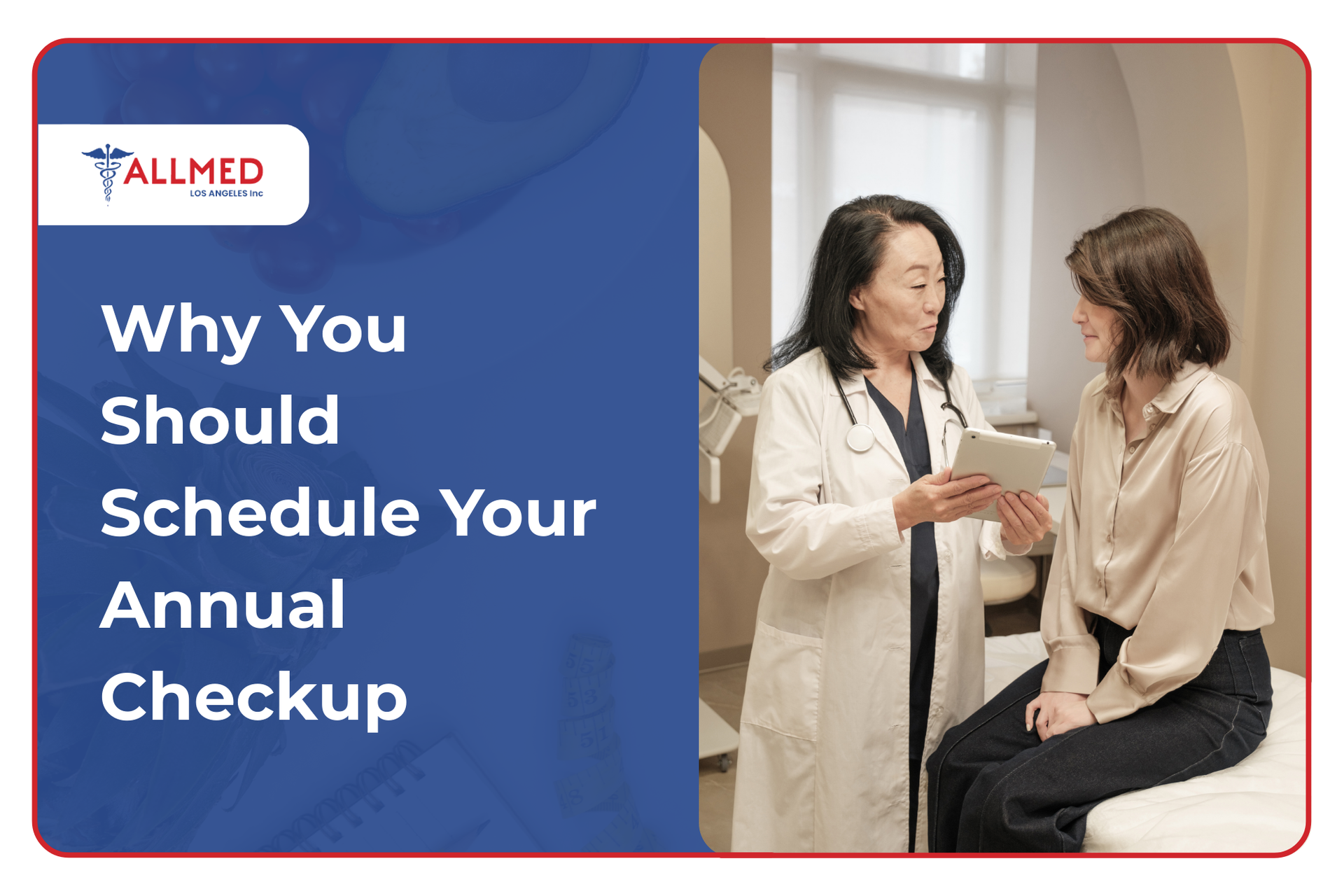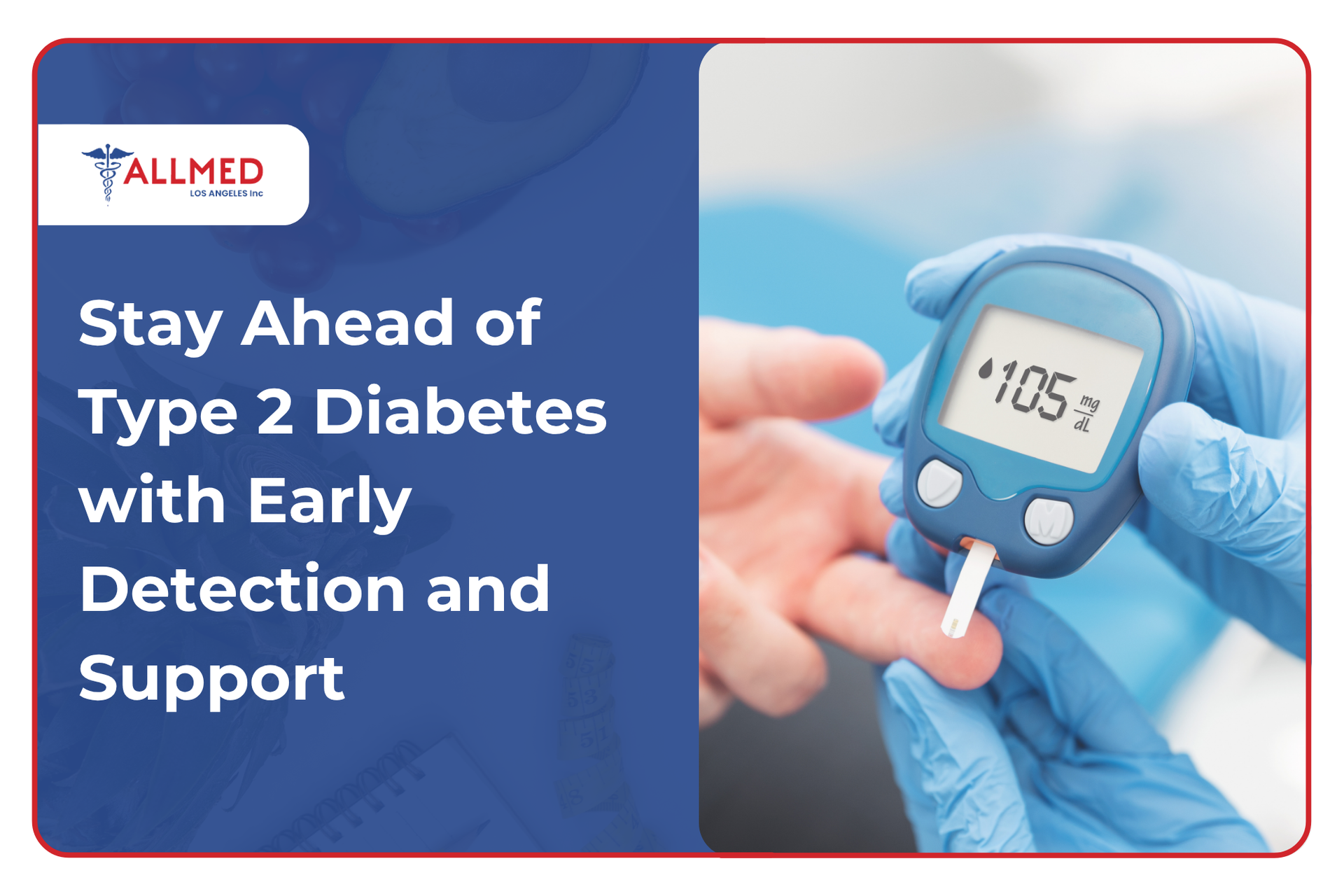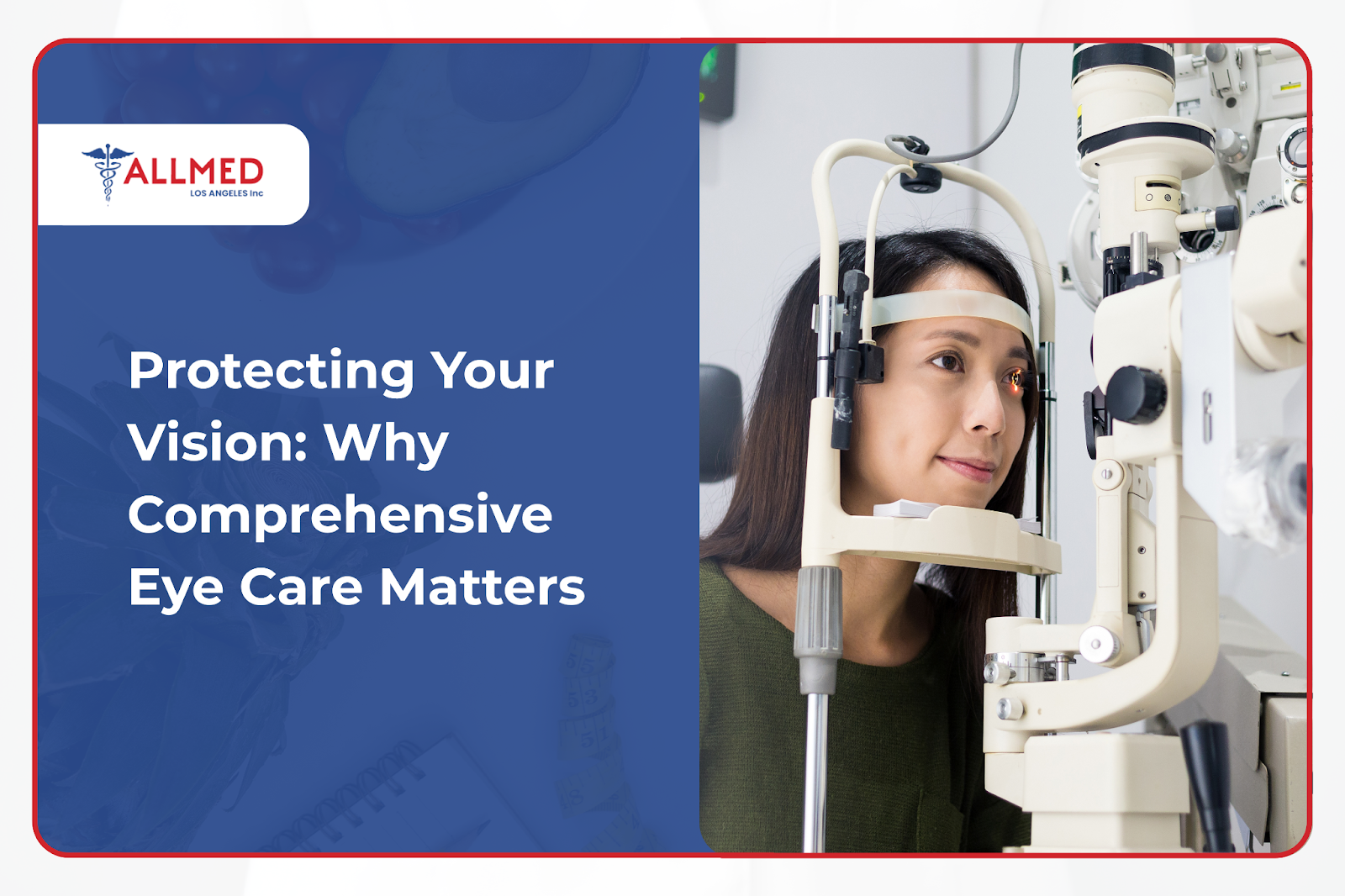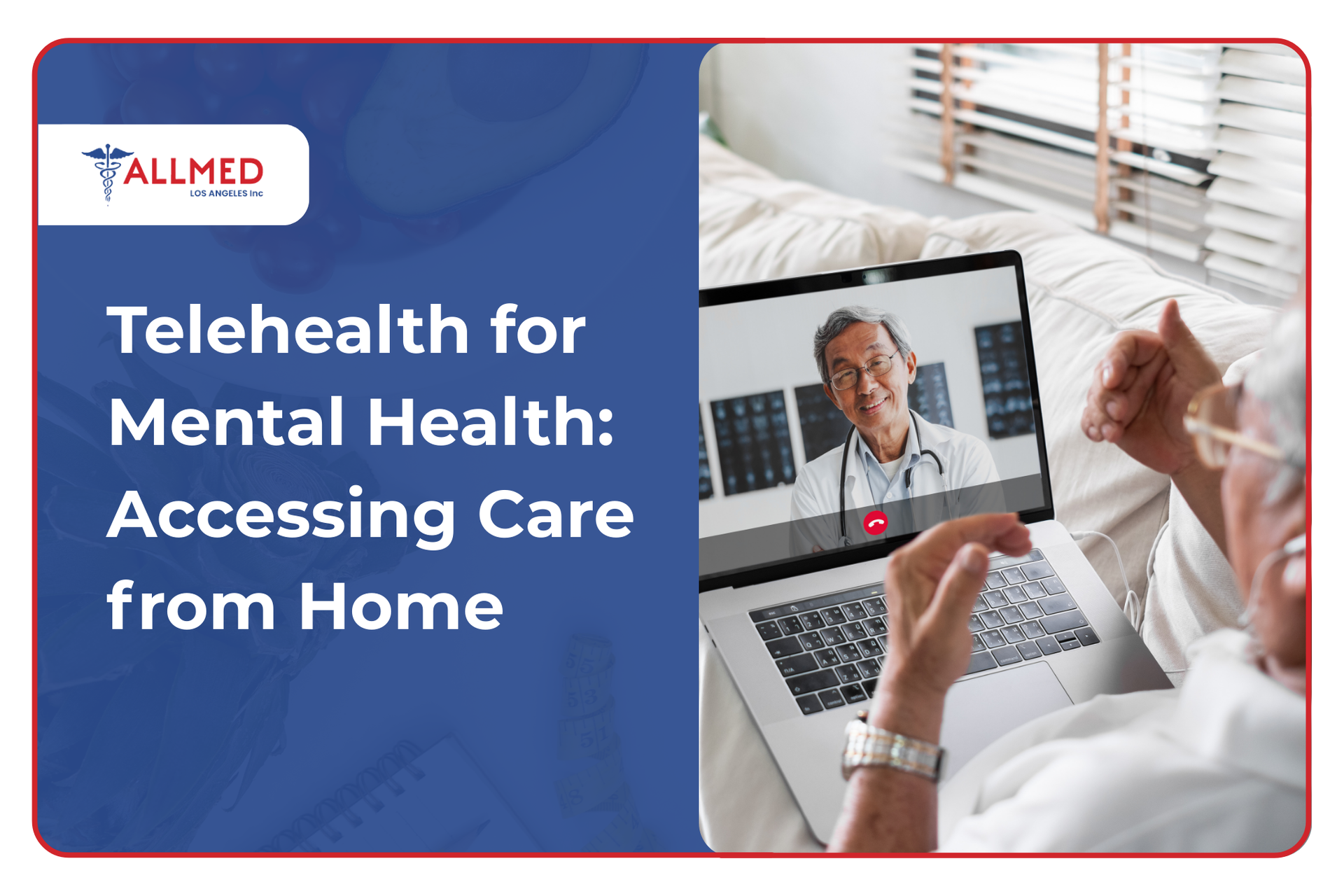You've had a few headaches lately. Nothing major, just annoying. You swing by urgent care once or twice, and they prescribe something to help and send you on your way.
But what if those headaches were part of something bigger? It could be a pattern or a sign of rising blood pressure or early diabetes. Perhaps it’s something more serious.
A
primary care physician (PCP) can help you sort through all this guesswork. Unlike urgent care visits, where doctors see you once and may never again, a PCP gets to know you over time. They'd remember that this is your third visit for the same issue. They track your health trends, from weight to labs, and notice when something is off.
That long-term relationship isn't only about comfort or peace of mind—having a PCP you can fully trust could save your life. So, if you’re thinking of choosing a primary care provider today, it’s a great idea to explore what they can do for your long-term health and how they can help prevent problems before they start.
Get the Care That Fits You Best
The Perks of Choosing a Primary Care Physician
Many people don’t realize the benefits of building a relationship with a primary care physician until they experience consistent care firsthand. Some of the most important advantages are:
Proactive Health: Prevention and Early Detection
Having a
primary care provider who sees you regularly and understands your medical history allows them to see the full picture. Your PCP uses this complete view to recommend personalized screenings and wellness exams that match your age, lifestyle, and risk factors.
This level of preventive healthcare helps spot issues like diabetes or certain cancers in their earlier (and most treatable) stages.
Seamless Care: Bringing Specialists into the Picture
As the central point for your primary care needs, your PCP can assist in helping you find a specialist, such as a cardiologist or mental health provider. Also, your physician can make informed referrals and share your records to ensure that every specialist involved in your care is on the same page.
In other words, you don't have to navigate the healthcare system alone. With a reliable PCP, you have someone to look out for unnecessary tests or medication mix-ups.
What to Expect When Getting a Referral
1. During Your PCP Visit
- Explain your symptoms or concerns.
- Ask your PCP if you need to see a specialist and why.
- Confirm if your insurance covers the referral.
2. At the Specialist’s Office
- Bring your ID, insurance card, and any records or test results.
- Let the specialist know your PCP referred you.
- Take notes or ask for a summary of your visit.
3. After the Appointment
- Check if the specialist sends a report back to your PCP.
- Follow up with your PCP about the next steps.
- Continue any treatment, tests, or follow-up as advised.
- Ask questions if you’re unsure about your care plan.
Continuity of Care: The Long-Term Health Advantage
Studies show that patients who have a long-term relationship with a PCP often experience better health outcomes. Why? Because your doctor isn't just reacting to symptoms—they're tracking your health over time. They also help you stay on top of chronic conditions and guide you with preventive care that fits your situation.
Continuity of care means that you're part of the conversation when important health decisions come up, like a procedure, a new medication, or a referral. It's your health, and your voice always matters with a trusted physician by your side.
Managing Chronic Conditions with Your Primary Care Physician
Your PCP works with you to create a treatment plan that fits your health goals. This might include medications, lab tests, diet modifications, and regular health checkups.
One critical role of a primary care doctor in managing chronic conditions is to connect you with specialists when needed. Your PCP will refer you to the appropriate specialists and coordinate your treatment. This helps prevent redundant tests or missed steps in your treatment plan.
Why Choose AllMed LA for Your Primary Care Needs
With so
many primary care providers out there, finding the right fit can be tricky. Start by connecting with a doctor who truly gets to know you.
At AllMed LA, we believe it begins with care that feels personal, holistic, and convenient. Our primary care physicians take the time to listen to you instead of rushing through appointments.
Comprehensive Primary Care Services
Time and again, research shows:
Strong primary care lowers chronic disease deaths. At AllMed LA, we take that responsibility seriously, offering proactive, compassionate care centered on you. We provide:
- Disease prevention
- Medical counseling
- Diagnostics
- Chronic care management
Your Health Deserves More Than a One-Time Visit
A one-time visit can treat a symptom, but a trusted
primary care physician helps you make sense of the bigger picture.
With your PCP, you can confidently take steps towards better health through personalized care that integrates your input. And when complex conditions come up, they know when to bring in a specialist and make sure you're supported.
Schedule your first visit with AllMed LA today. Walk-ins are welcome!
Book an Appointment
Frequently Asked Questions About Primary Care Physicians
1. What is a primary care physician?
Your PCP is usually the first point of contact when you're not feeling well, require a physical, or want to talk about a health concern. PCPs are trained to handle many common conditions and often focus on family medicine, internal medicine, pediatrics, or general care.
2. What does a primary care physician do?
As the name suggests, a primary care physician handles first-level
primary care services, from regular health check-ups and screenings to referrals. Also, PCPs treat common illnesses like colds and other non-urgent health issues.
3. What types of primary care physicians are there?
General practice doctors
care for patients of all ages and handle various health concerns.
For adult patients or those living with chronic conditions, it's best to seek an internal medicine doctor. On the other hand, a family doctor would care for everyone in your family, from babies to seniors.
5. How often should I see my primary care doctor?
It's easy to put off going to your PCP when you're feeling fine. However, a wellness check once a year can help you stay ahead of any hidden or underlying health concerns.




